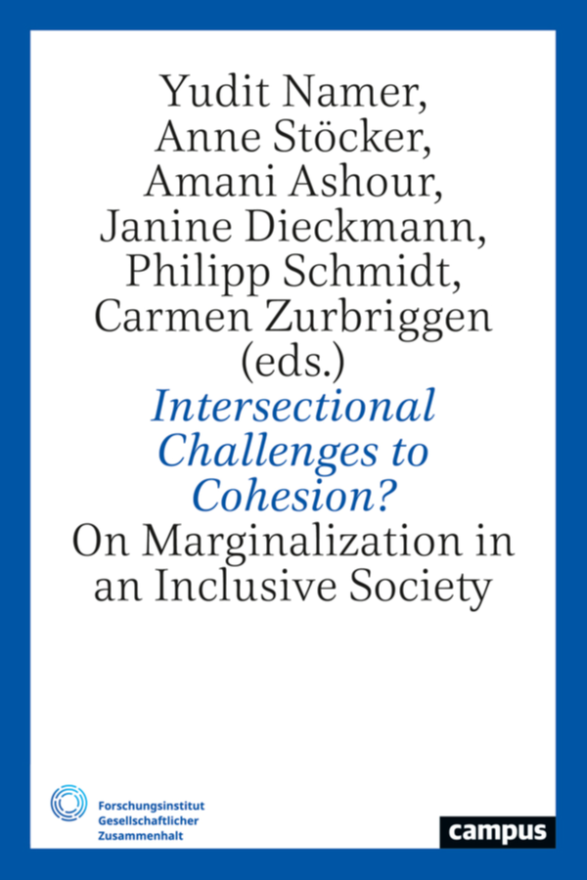The Effects of Climate Change on Women’s Inclusion and Social Cohesion in Delhi
Abstract

Centring an analysis of the socio-economic position of women in the city, this paper explores the effects of climate change on women and social cohesion in Delhi, India. I look at the intersection and interaction of gender with different axes of marginalization in the city, including caste, class, religion, informality of work and spatial marginalization in the metropolis. These axes contribute to a sense of lack of social cohesion experienced by women marginalized by class, caste and religious identities, manifested in a lack of trust, sense of belonging and participation in public life, such as work and public spaces. This marginalization becomes intertwined with the effects of climate change as women from marginal identities face institutional and systemic inequalities during acute or prolonged climate-related crises, such as water shortages, droughts, food shortages, and environmental pollution. Therefore, this paper explores the linkages between gender and other marginal identities, climate change and social cohesion in Delhi. The paper argues that better inclusion of gender issues and women’s voices in local climate action would make Delhi a more sustainable, climate-resilient and socially cohesive city.
Sources
Choudhary, Shirin. 2024. The Effects of Climate Change on Women’s Inclusion and Social Cohesion in Delhi. In: Intersectional Challenges to Cohesion? On Marginalization in an Inclusive Society, hg. von Yudit Namer, Anne Stöcker, Amani Ashour, Janine Dieckmann, Philipp Schmidt und Carmen Zurbriggen, 158–168. 1. Aufl. Gesellschaftlicher Zusammenhalt 7. Frankfurt: Campus, 19.06.2024. url: https://www.campus.de/buecher-campus-verlag/wissenschaft/soziologie/intersectional_challenges_to_cohesion-17944.html.
